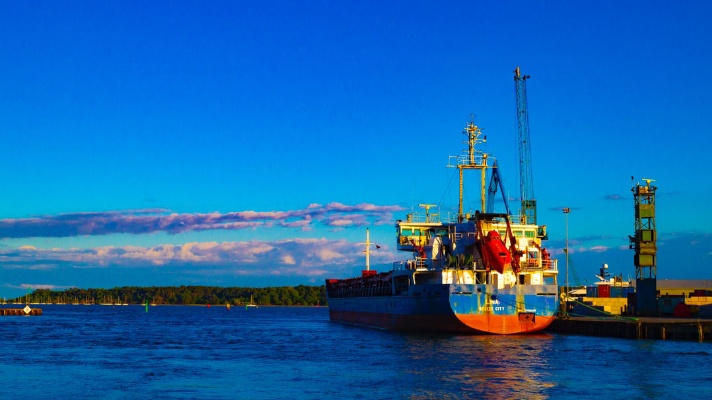What Is The Future For Freight Shipping?

According to Freight Waves, in 2020, we’re seeing new global pressures, opportunities in e-commerce markets, and alliances coalescing around new technologies. While the scope of international shipping is drastically changing this year and for the foreseeable future, what exactly does this mean for freight forwarders, shippers, and purchasing agents in the USA?
A Growing Demand For Refrigerated Goods
Don’t be fooled by the hardships surrounding the coronavirus. Refrigerated and frozen goods — or goods transported in refrigerated or reefer containers — are in higher demand than ever before. Persistence Market Research reveals that the demand for refrigerated goods will rise by a “compound annual growth rate (CAGR) of 10.2% through 2025.” What explains this growth?
- Globalization. Globalization is on the rise, and that means a record number of nations are importing and exporting goods. That means purchasing agents in the USA are working with people all over the world. It is not uncommon for consumers to seek out shipping to Latin America or shipping to the British Virgin Islands — and that includes the shipping of refrigerated and frozen goods.
- Evolving consumer demand. Another product of globalization is the evolution of consumers’ tastes. Not only does the option exist to import goods from abroad, but some customers now prefer it. Across the globe, there is an increased demand for foods originating from other countries.
The Introduction And Implementation Of Artificial Intelligence (AI) and Automation
Heads up for freight forwarders, shippers, and purchasing agents in the USA: artificial intelligence (AI) and automation are becoming increasingly popular and, in many cases, they leave less room for error than human workers. Using AI, freight forwarders, shippers, and purchasing agents can:
- Predict consumer needs. In turn, suppliers and distributors can use that to maximize profits and take part in predictive shipping.
- Maximize the efficiency of trade and shipping routes. Artificial intelligence can help freight forwarders and shipping companies determine the most fuel-efficient routes as well as alternative routes to avoid hazards, like rough water and foul weather.
- Refine business contracts. Contracts are legally binding, and that means the wording on them needs to be absolutely precise. AI can predict the best possible verbiage to ascertain a fair and concise agreement for everyone.
The good news is that AI and automation are not necessarily replacing human labor. Instead, employees may learn new skills and adapt to new roles to help operate these technologies.
International Shipping Goes Green
Freight forwarders, shippers, and purchasing agents in the USA and across the globe are working together to reduce their carbon footprint. These initiatives are taken out of growing concern — and out of necessity.
First, as of January 1, 2020, the International Maritime Organization (IMO) began limiting sulfur dioxide (SOx) emissions. The new limits will reduce annual sulfur dioxide emissions by 8.5 million metric tons per year, curb unnecessary deaths, significantly decrease instances of pulmonary disease, respiratory disease, and cardiovascular diseases, and encourage maritime carriers to convert to higher-quality fuels with a lower sulfur content.
Plus, going green is popular with consumers. Freight forwarders and shipping companies are shipping goods using recycled paper packaging or recycled plastic. In California, companies are forgoing the use of plastic bags altogether. While these initiatives may initially seem timely or costly, they help businesses gain favor with consumers in the long-run.
What is the future of freight shipping? Like anything else, the international shipping industry must adapt and evolve over time in order to survive. Greener practices, automated functions, and a spike in refrigerated shipping are just a few of the things on the horizon.
